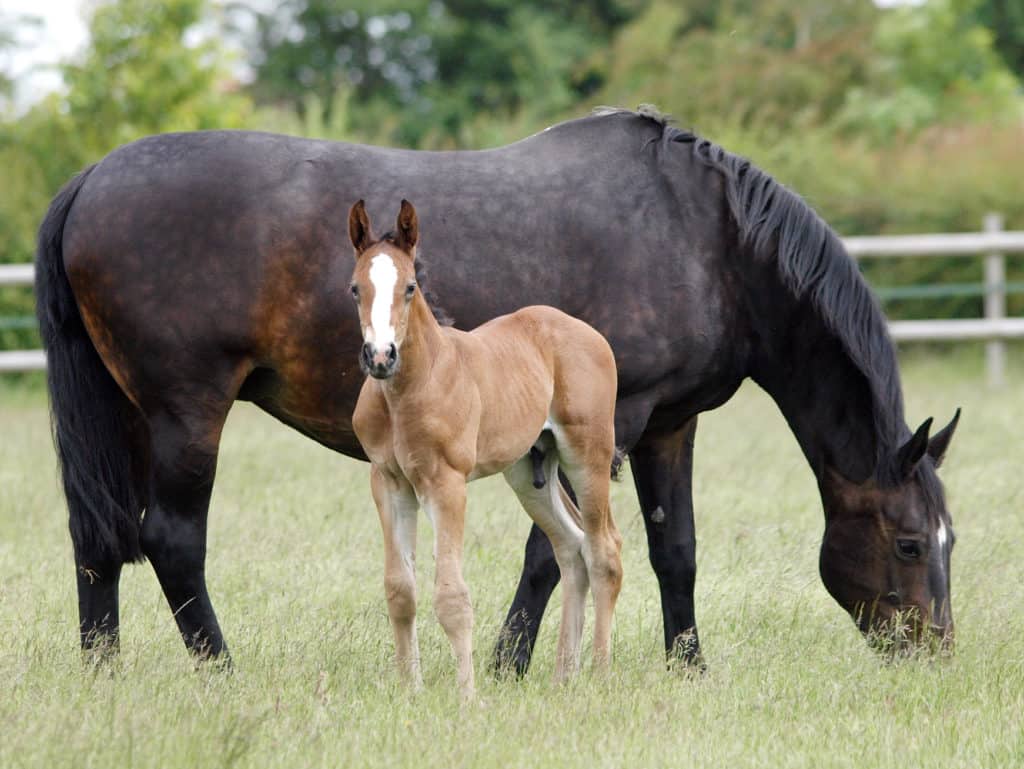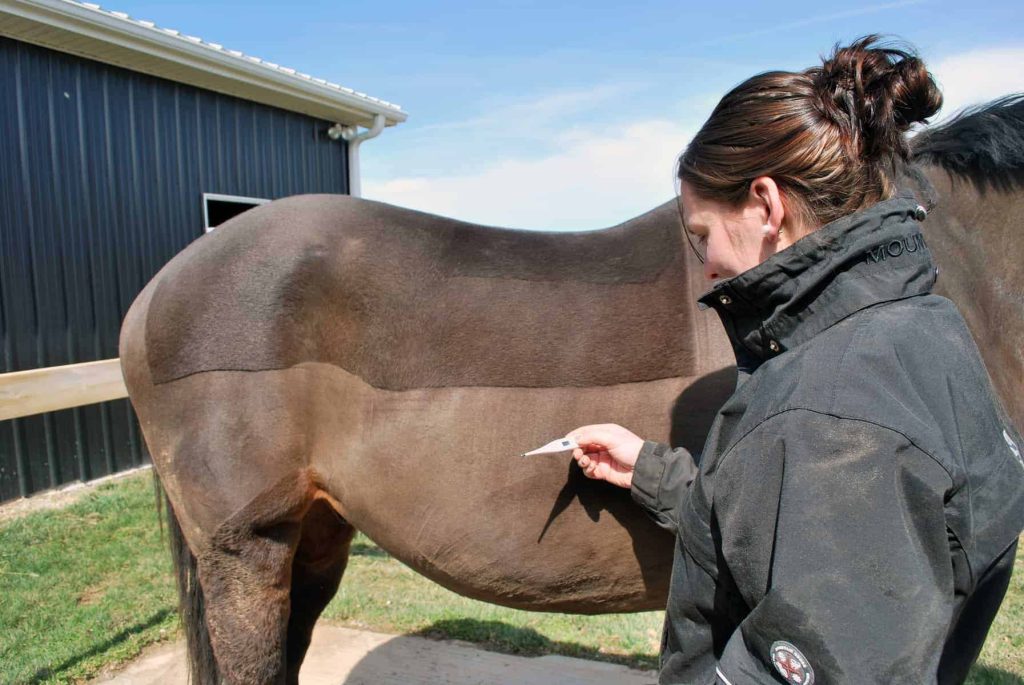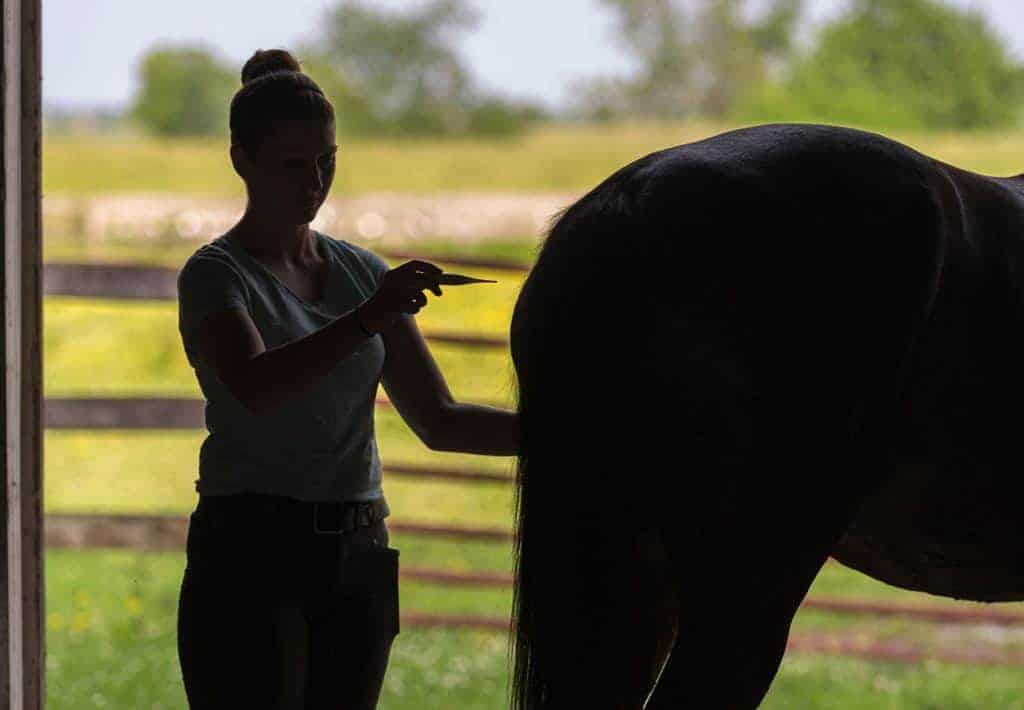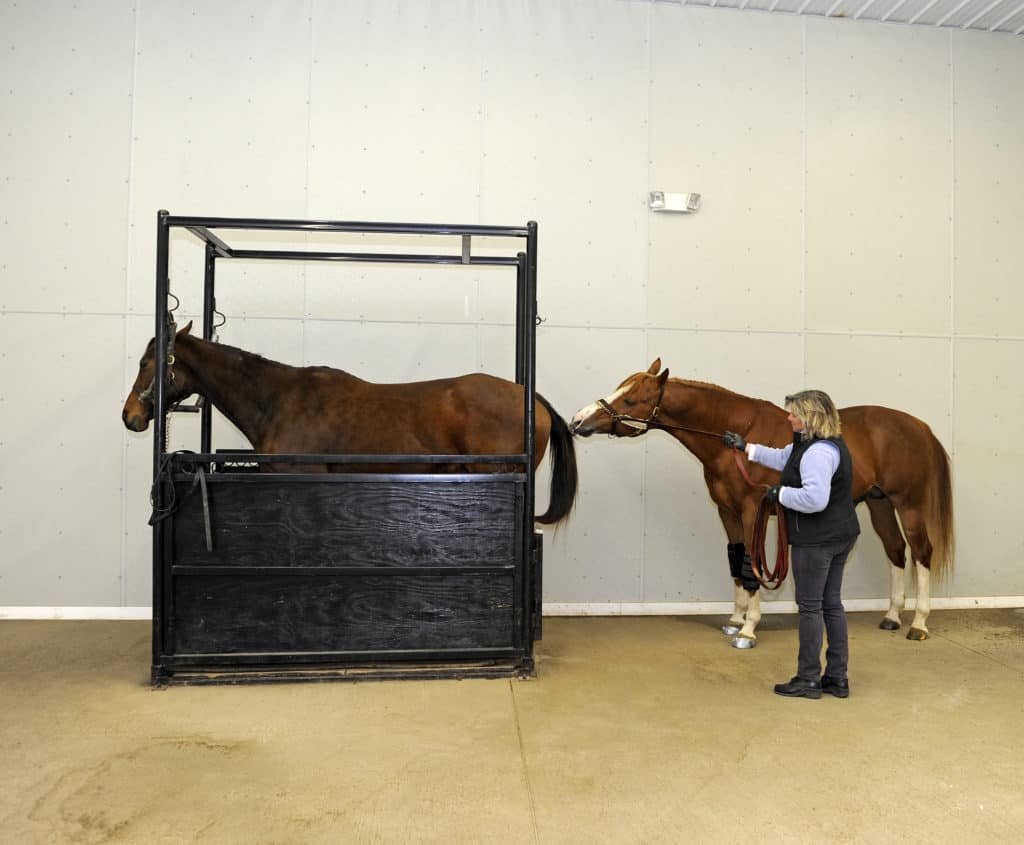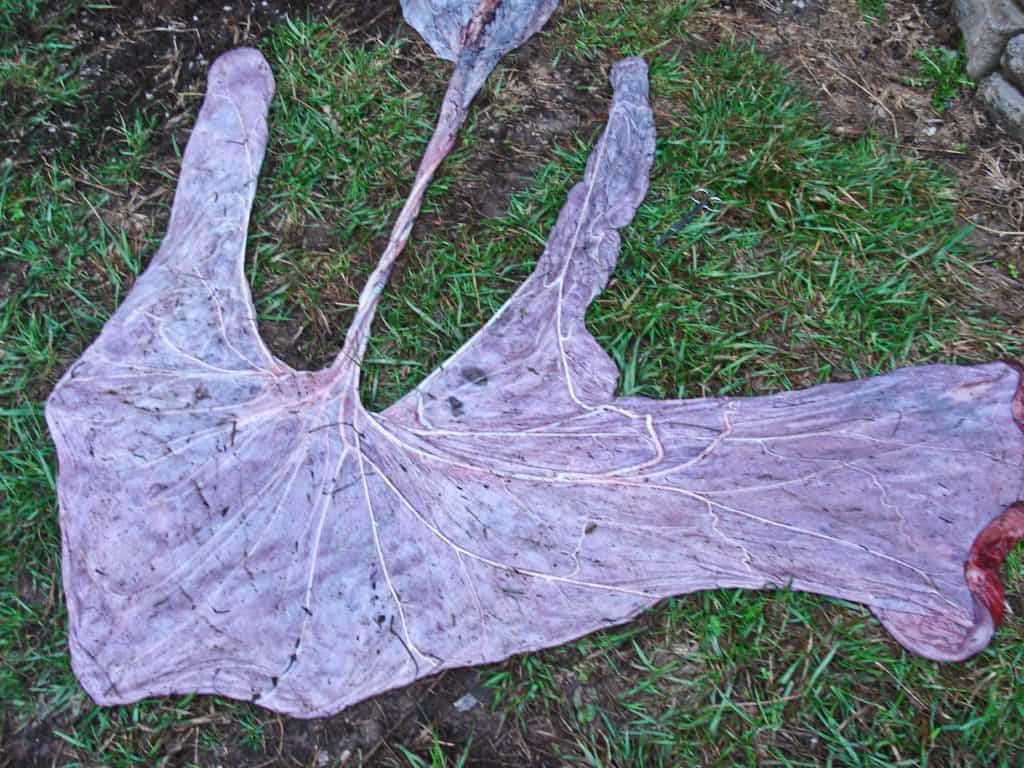
Mare Nutrition Could Affect Foals’ Future Athletic, Reproductive Performance
Foals from mares undernourished in late gestation had modified bone growth and slowed testicular development, while foals from overnourished mares had a higher osteochondrosis rate.

